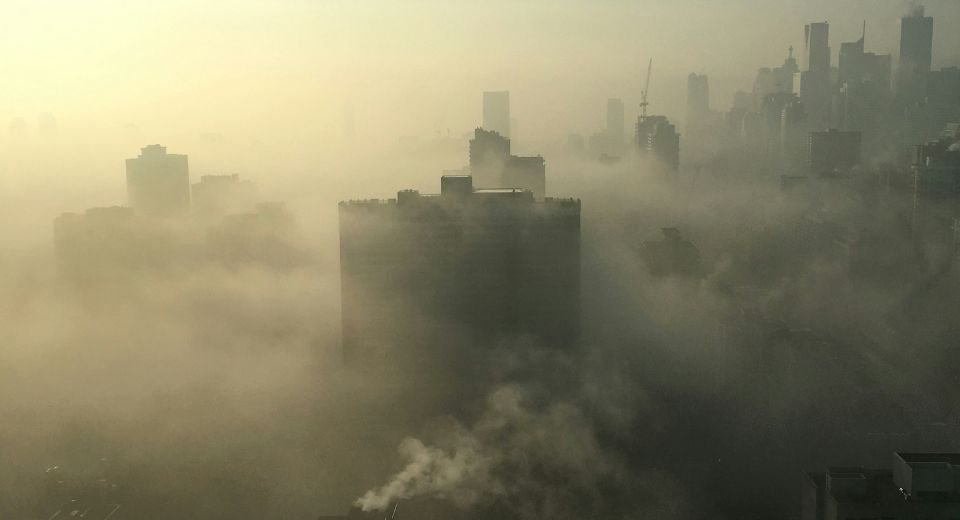HQ Team
May 27, 2024: About 70% of the 4.2 million deaths in 2019 attributed to air pollution were caused by cardiovascular conditions — ischaemic heart disease and stroke, according to a report.
An increase in the severity of cardiovascular diseases was linked to air pollution exposure, according to the World Heart Federation report. Of the 3.2 million deaths that occurred due to household air pollution, one million were from ischaemic heart disease and 700,000 from stroke.
More than two billion people worldwide still rely on polluting fuels, such as wood, coal, crop waste, or charcoal paired with inefficient stoves for cooking, according to World Health Organization estimates.
Burning these fuels produces particulate matter – a major health risk, particularly for respiratory diseases. Tobacco products, building materials and furnishings, such as deteriorated asbestos-containing insulation and newly installed flooring, upholstery or carpet can be a source of indoor pollution.
Other pollution sources in an indoor setting include cabinetry or furniture made of certain pressed wood products, products for household cleaning and maintenance, personal care, or hobbies, and central heating and cooling systems and humidification devices are other sources of indoor pollution.
Top killer
General air pollution could worsen due to emissions from the transport sector, industry and wildfires.
“Globally, 22% of deaths from ischaemic heart disease and 15% from stroke were attributable to air pollution in 2019,” the report stated. Cardiovascular disease is the world’s top killer, claiming more than 20 million lives each year.
The Western Pacific region saw the highest number of deaths from heart disease and stroke due to outdoor air pollution with nearly one million deaths in 2019, and the Southeast Asian Region was a close second, with 762,000 deaths.
Together, ambient and household air pollution contribute to more deaths than all wars, malaria, tuberculosis, HIV, and other infectious diseases combined.
The death toll is likely to be underestimated and the true impact of air pollution remains under-appreciated, even within health communities, according to the WHF report.
Lower-income nations
The links between air pollution and its damaging effects on the body are “undeniable. The cardiovascular effects in particular are stark.”
Regions outside of the Americas and Europe experienced the most significant rises in ischaemic art disease and stroke deaths attributable to ambient air pollution from 2010 to 2019. Europe saw a decline in deaths from both conditions during the same period.
Lower-income countries experience far greater health impacts from household air pollution.
Despite the awareness of air pollution harms, particulate matter (PM)2.5 concentration levels —the key pollutant for human health —declined globally by just 1% annually between 2010 and 2019.
Global levels remained alarmingly high at 31.7 µg/m3 in 2019, far above the 2021 WHO-recommended air quality guidance level of 5 µg/ m3.
Southeast Asia, Eastern Mediterranean
Air pollution is nearly ten times the recommended level in Southeast Asia and the Eastern Mediterranean countries.
About 64% of countries have implemented a law incorporating ambient air quality standards, but none fully align with the stringent guidelines set forth by the WHO for air quality.
According to the report, this misalignment highlighted a global challenge where many nations need to catch up in safeguarding public health from the detrimental effects of air pollution.
The impact of air pollution on heart disease will lead to millions of preventable deaths every year unless governments introduce legislation to tackle the issue.
“The current air pollution crisis in many parts of the world reflects known pollutants and could worsen with the emergence of others, all of which underscores the importance of preventive action now,” said Dr Mark Miller, the WHF’s chair of the Air Pollution and Climate Change Expert Group.








